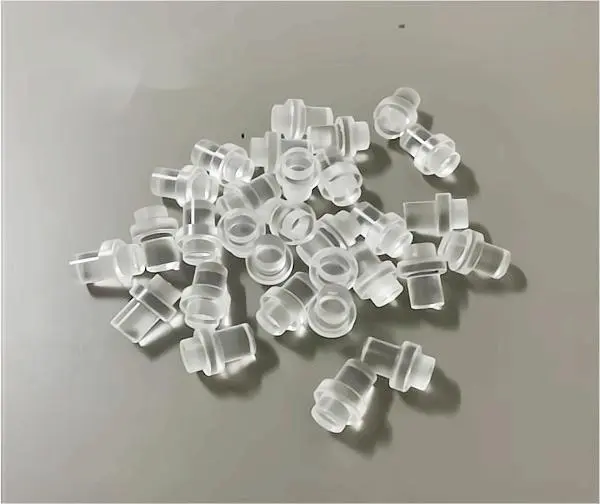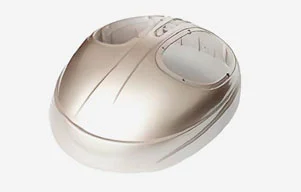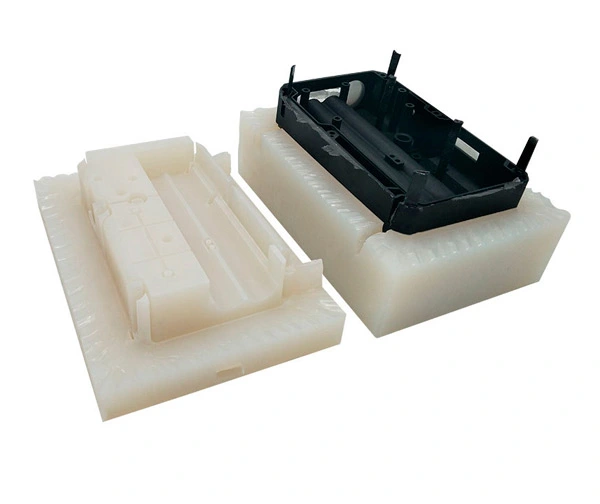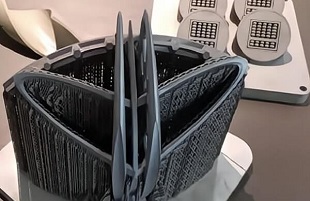Guidelines for PMMA CNC Turning Machining
PMMA (Polymethyl Methacrylate), also known as acrylic, is a thermoplastic material that is commonly used in various industries such as automotive, construction, and lighting. Being used to make CNC machining precision parts, turning machining is a process used to create cylindrical shapes and remove material from a workpiece using a lathe. Here are some guidelines for turning PMMA:
Use a sharp cutting tool: PMMA is a brittle material and can easily crack or chip during the machining process. Therefore, it is essential to use a sharp cutting tool to ensure clean cuts and reduce the risk of damage to the workpiece.
Use a low cutting speed: PMMA has a low melting point, and high cutting speeds can generate heat and cause the material to melt, leading to poor surface finish and deformation. It is recommended to use a low cutting speed between 100-300 RPM to avoid this problem.
Use a small feed rate: PMMA is a relatively soft material, and a high feed rate can cause the material to deform, leading to inaccurate dimensions and poor surface finish. It is recommended to use a small feed rate between 0.05-0.15 mm per revolution to ensure precision and quality.
Use coolant: PMMA generates heat during machining, which can cause the material to melt and stick to the cutting tool. To prevent this problem, it is recommended to use a coolant or lubricant to keep the temperature under control and ensure a clean and smooth cutting process.
Control vibrations: PMMA is prone to vibrations during machining, which can lead to poor surface finish and inaccuracies in dimensions. It is recommended to use a stable workpiece support system and avoid excessive cutting forces to control vibrations and ensure precision quality machining.
Overall, turning PMMA requires careful attention to cutting parameters and machining conditions to ensure a high-quality finished product.


 EN
EN
 jp
jp  ko
ko  fr
fr  de
de  es
es  it
it  pt
pt  tr
tr  ar
ar  iw
iw 






